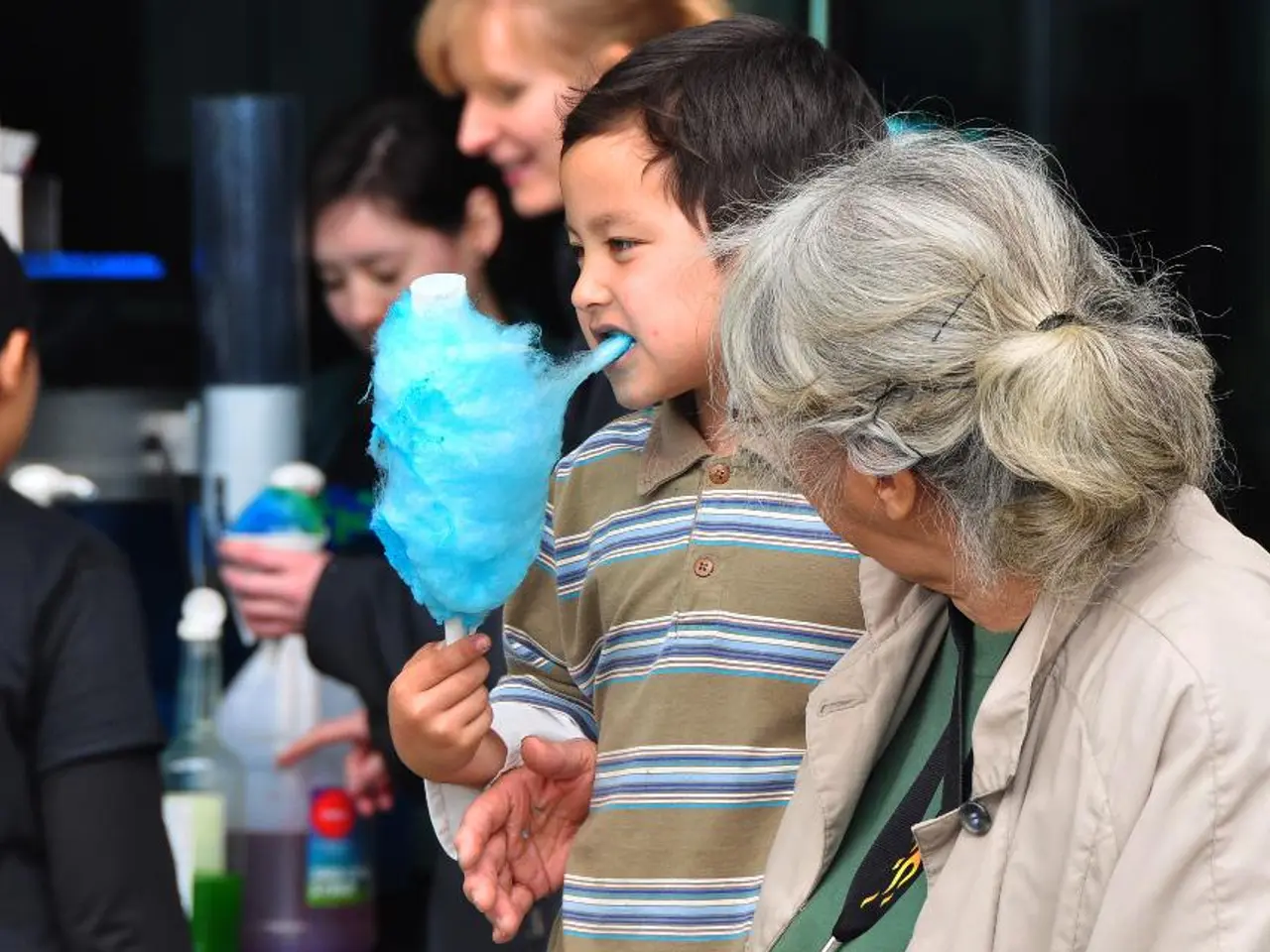Indonesia's Free Nutritious Meal Programme Falls Short of 2025 Targets
Indonesia's ambitious Free Nutritious Meal programme, known as MBG, launched in January 2025, aims to feed tens of millions of schoolchildren, toddlers, and pregnant women. However, as of mid-2025, the programme has fallen short of its targets, with only a fraction of the budget spent and beneficiaries reached.
The programme, led by coordinator Ubaid Matraji, began with a budget of 171 trillion rupiah (US$10 billion) for 2025. Despite this, only 3 trillion rupiah had been spent by mid-year, reaching fewer than 4 million beneficiaries. This is a stark contrast to the programme's goal of providing meals to over 17 million people.
The MBG programme aims to combat malnutrition and support education. It plans to nearly double its budget in 2026, indicating a commitment to expanding the programme's reach and impact. However, the slow start has raised questions about the programme's implementation and the challenges it faces in reaching its targets.
The Indonesian government's Free Nutritious Meal programme, MBG, has a significant task ahead. With a revised budget for 2026, the programme aims to reach more beneficiaries and make a substantial impact on nutrition and education. However, the slow progress so far suggests that addressing these challenges will require careful planning and execution.
Read also:
- Trade Disputes Escalate: Trump Imposes Tariffs, India Retaliates; threatened boycott ranges from McDonald's, Coca-Cola to iPhones
- MIH Consortium Chooses BlackBerry for Next-Gen EV Platform
- Aquatech purchases Koch's Direct Lithium Extraction business, merging Li-ProTM DLE technology into the PEARLTM Technology Platform.
- Modern IT Strategies Boost Business Resilience and Security




